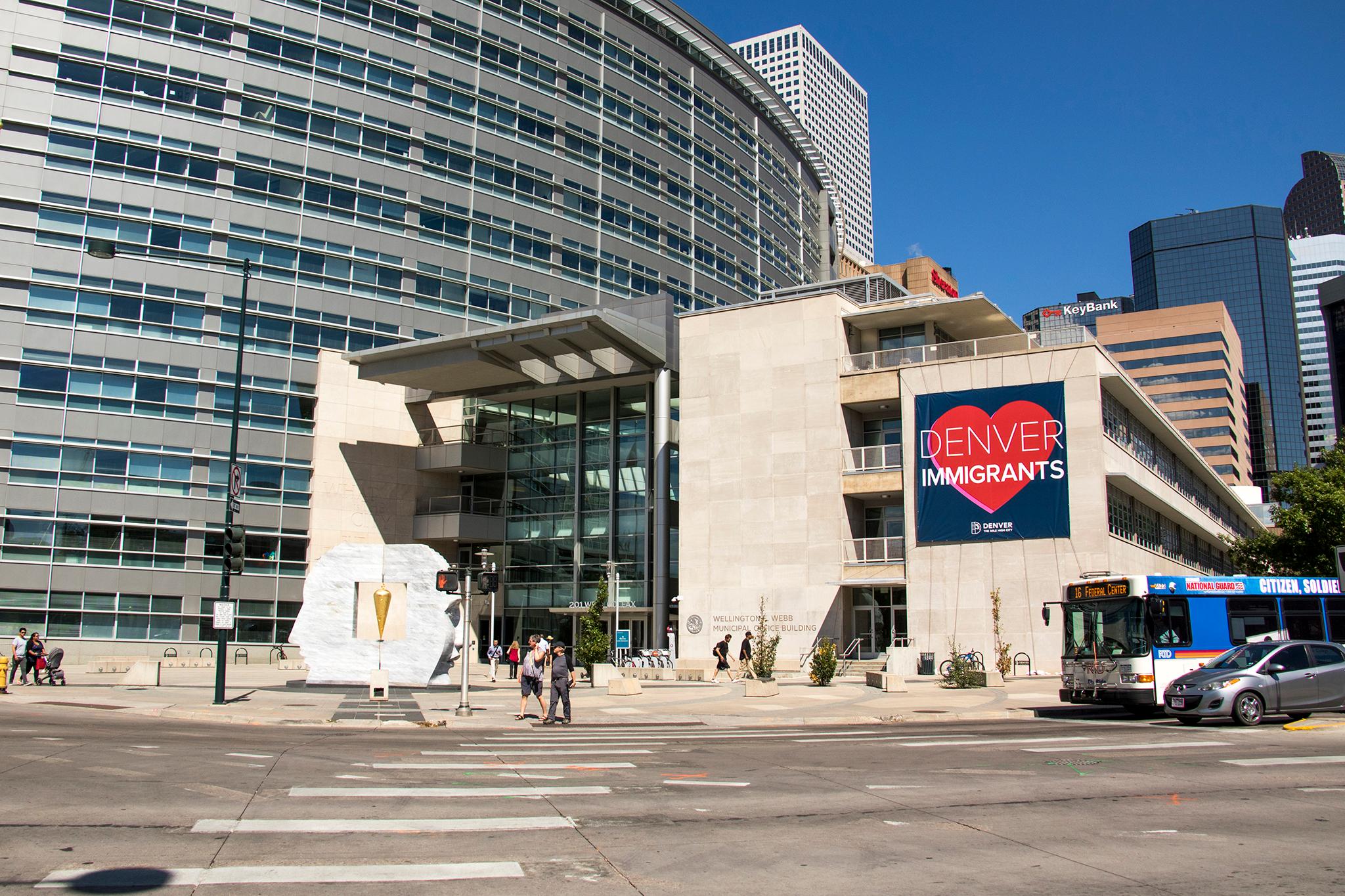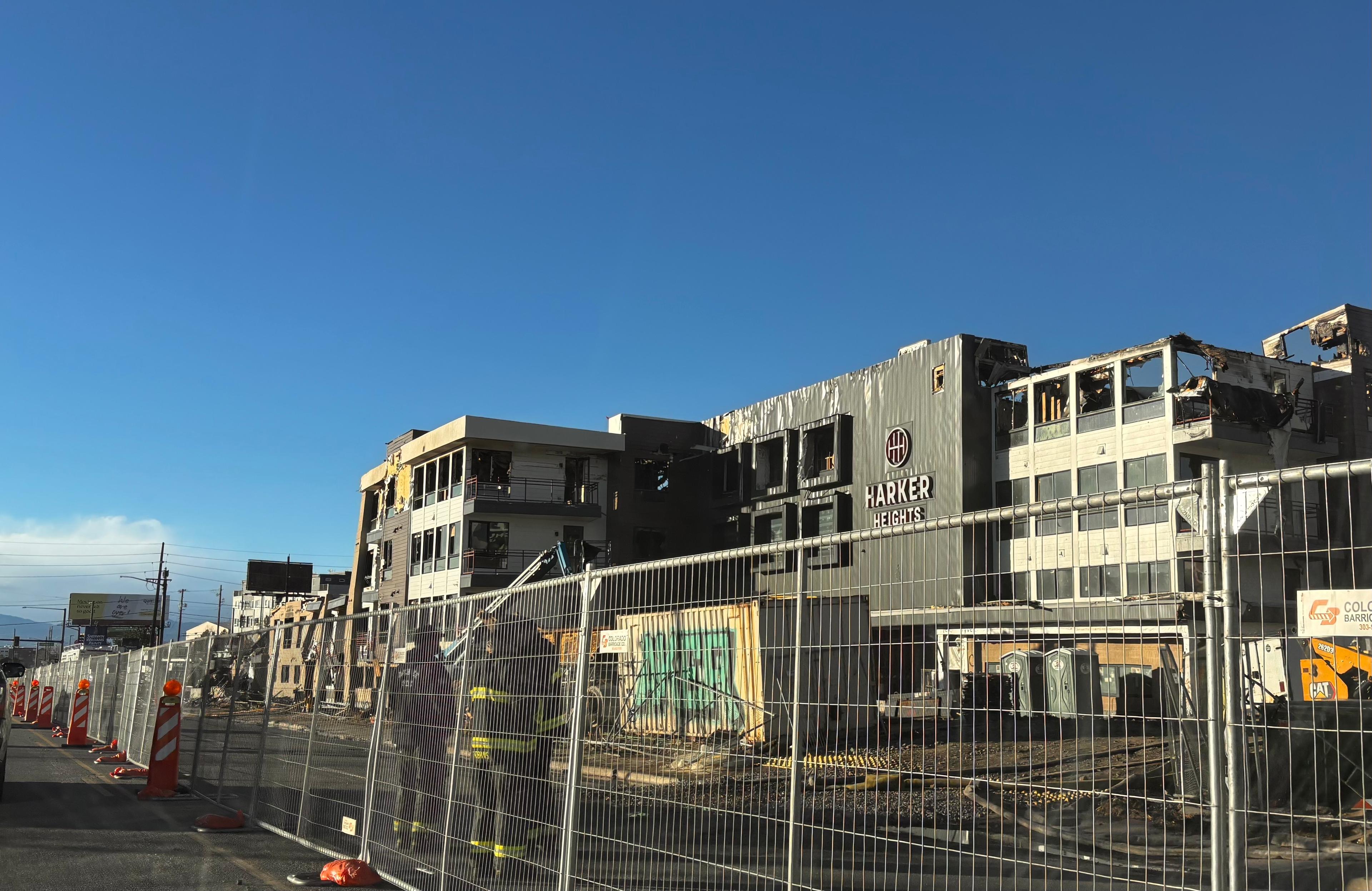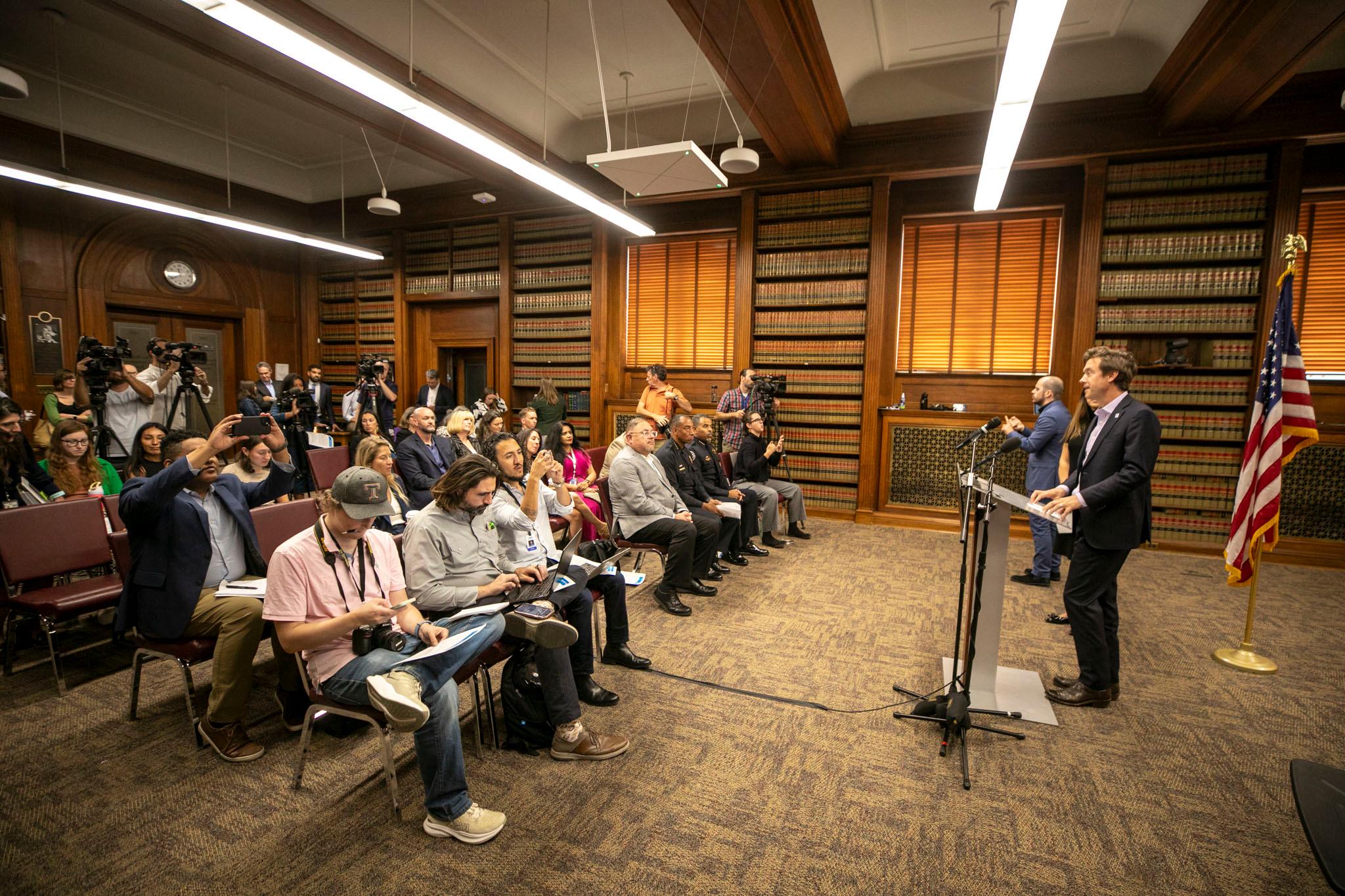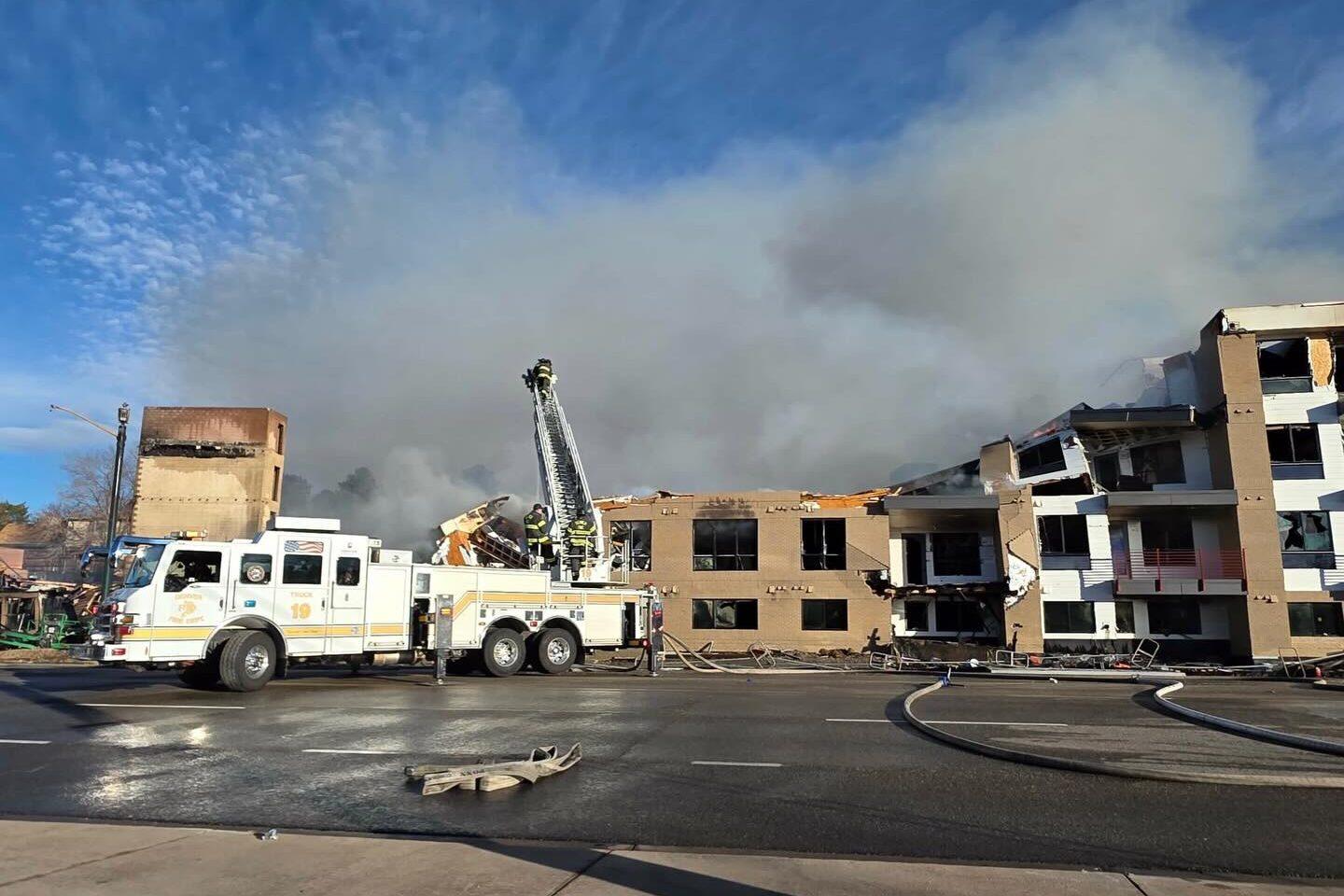Alvaro Campos builds stuff. He helped build a bunch of Denver apartment buildings to curb the housing shortage, the Google offices in Boulder to house the company's employees and the Colorado State University stadium in Fort Collins where Rams fans watch their teams compete.
That was after Campos, a native of Mexico, won his freedom from prison after 18 months. He had been on 24-hour lock-down, often in solitary confinement in Aurora and later El Paso County, he says.
"In prison I studied the Constitution, where it says any person that steps on this ground and is beneath this sky has the same rights as anybody in the United States," Campos said through a translator during a press conference held by the Vera Institute of Justice on Thursday.
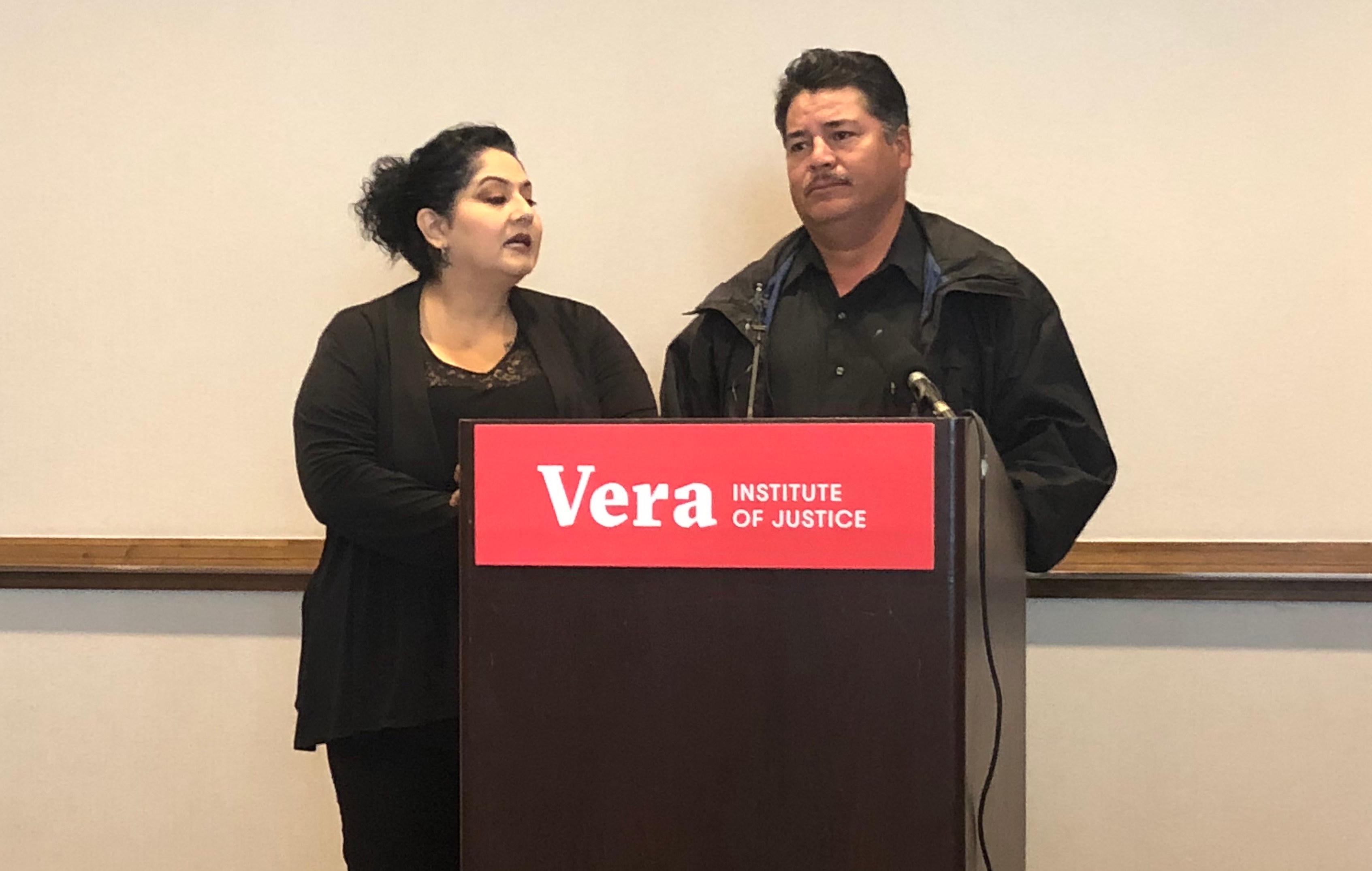
Vera helps people facing deportation get attorneys so they don't have to navigate a complex immigration system alone. The group has a national network of 12 cities -- Denver is its newest member -- dedicated to ensure people facing deportation receive due process. Last year, the Hancock administration and the Denver City Council created the legal defense fund for immigrants that's helped people like Campos with $377,000 worth of legal fees.
Campos attained his visa only after he came across lawyers who now comprise the Rocky Mountain Immigrant Advocacy Network, which provides counsel for people who would otherwise go without. This year, Vera awarded a $100,000 grant to the city, which transferred it RMIAN to help people in Campos's shoes.
"For too long, most immigrants facing the terrifying prospect of deportation from their communities and families have had no access to legal counsel and have found themselves navigating the complexities of immigration law alone," said Annie Chen, who heads Vera's immigration justice arm, which is about a year old.
In its first year, the network's attorneys won 38 percent of their immigration cases, resulting in clients remaining in the United States, Chen said. That compares with a 3 percent success rate nationwide.
Mayor Michael Hancock reminded the Trump administration Thursday that Denver has dug in. The city will continue to operate legally under the Constitution and will not "bend to the will" of the White House, he said.
Hancock's statement comes after the establishment of Denver's legal defense fund for immigrants, but also after the Public Safety Priorities Act, passed by the Denver City Council and supported by Hancock, which affirms the city's right to keep public employees like police officers from questioning immigration status. It was partly in response to Trump's threats to crackdown on "sanctuary cities."
"I have no doubt in my heart and mind that we're going to prevail -- continue to prevail -- against the White House and Donald Trump's very mean, inhumane language that comes out of his mouth," Hancock said.
Hancock joined Vera Institute, RMIAN and other advocates on a closed-door phone call with other mayors after the press conference, said Jamie Torres, director of the Denver Office of Immigrant and Refugee Affairs. The mayor's budget, passed Tuesday, includes $100,000 for the city's legal defense fund this year, but could surpass last year's total with fundraising. For example, former Denver mayor Federico Peña donated $10,000 at a fundraiser Wednesday, Torres said.

